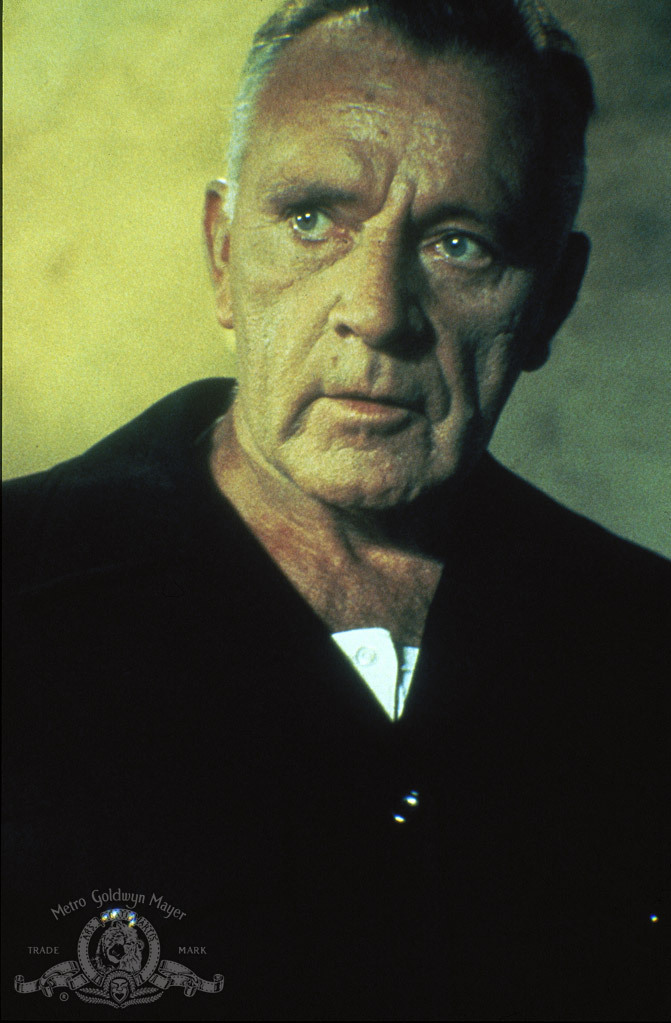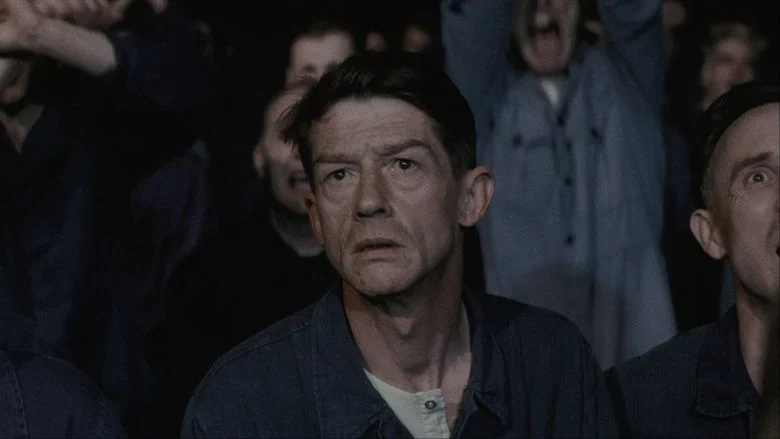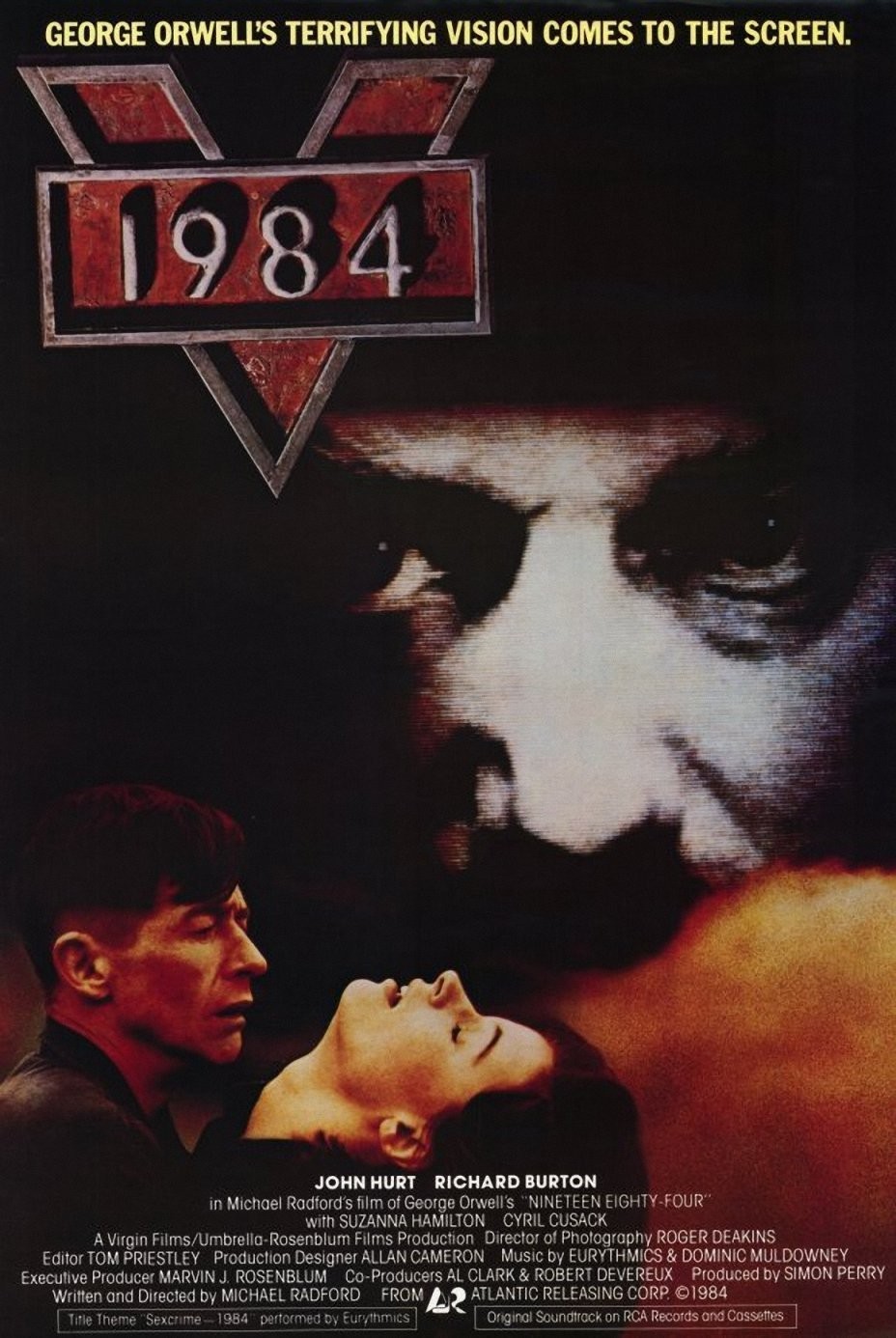Movie Review 🍿: Nineteen Eighty Four
Poster
Introduction
A dark view of a dystopian society, a world so terrible, where terror has become the norm. A famous adaptation of the George Orwell’s 1984, which received positive reviews when it was released. It also had a little bit of clout because Richard Burton (I have no clue who this guy is😂) was present in it.
I found this movie personally, very enjoyable. I had read the famous book earlier and was looking online to figure out whether good adaptations of this movie exists, when I stumbled onto it. Here, I’m going to do a comparison of how I found the movie compared to the book, and my ideas regarding it. Spoiler alert: Come back after watching the movie, or not—I’m not your Big Brother!
My basic information about the happenings surrounding the movie (director, music) all come from Wikipedia (yeah, I know, I’m lazy). This is not meant to be comprehensive deconstruction of a hyped trope movie, but a general analysis by a normie who read the book.
General Musings
The movie is faithfully adapted to the book. The concepts of doublethink, NewSpeak are clearly depicted. Even the girl who played Julia seemed nice enough. But I think to firmly believe that to understand the concepts and the world built behind it and the ideas represented in the book, one should have already read the book.
The main thing, that caught my attention in this movie was the OST. It was really beautiful to hear some ideas that were so accurately described. I mean, it tries to touch into the soul of what Winston was feeling. Hence it’s ethereal nature is very…appeasing to the ears. It’s interesting to read that there was a there was a controversy over it. But apart form that, the the music gels very well with the dream sequences, which I loved in the movie. It’s better than what I imagined in the book.
It’s a scary book, if you think of it that way, a dark world where human emotions are clamped the darker version of a organization. The imposistion and limitations on the human will presented here is crazy.
Specific Parts
O’Brien
 O’Brien played by Richard Burton
O’Brien played by Richard Burton
All in all, I liked all characters, but O’Brien’s representation diverges from preconceived expectations, presenting a cunning yet aged figure. Rather than a powerful image that I conceived from reading the book, he showed more psychopathic behavior, which I feel was much more grounded in reality. He’s seen an old cunning fart, rather than someone menacing, or hugely powerful. He’s more like the Robert Ford from Westworld played by Anthony Hopkins. It’s an interesting way to depict a main character for sure.
Winston
 Winston played by John Hurt The depiction of Winston, the main character is clearly likable. In the beginning, he’s shown as this bland 40’s man, with such submission attitude towards Big Brother. But as the movie progresses, you can see that this man, is clearly leading a double life. A life of moral infidelity to the the overarching government. He’s a crook, through and true.
Winston played by John Hurt The depiction of Winston, the main character is clearly likable. In the beginning, he’s shown as this bland 40’s man, with such submission attitude towards Big Brother. But as the movie progresses, you can see that this man, is clearly leading a double life. A life of moral infidelity to the the overarching government. He’s a crook, through and true.
The idea of him breaking down from his moral high ground finally in the last scene where’s he’s shown as a weak man, too weak to even bend his own thoughts, actually shows how brutally efficient the dystopian autocratic machine is on the minds of the normies.
The Book of Goldstein
Of course they couldn’t put the contents of this book in the movie, but it’s again, something very valuable that was missed. I would have liked to see, various parts of the book described sequentially throughout the movie at various times to install the idea of the world Winston is in. This would’ve maybe enhanced the experience? Maybe.
The Path of least resistance
I still think of the practicality of the world that Orwell has presented, and how it’s not ideal. It’s pretty daunting, and titillating to think of, but the laws of economics would prevent so. This point is not a criticism of the film, but it raises a question of practicality over the torture methods mentioned in the book. Even Huxley, a contemporary who wrote ‘Brave New World’ wrote a letter to Orwell, mentioned this:
Within the next generation I believe that the world’s rulers will discover that infant conditioning and narco-hypnosis are more efficient, as instruments of government, than clubs and prisons, and that the lust for power can be just as completely satisfied by suggesting people into loving their servitude as by flogging and kicking them into obedience.
The amount of psychology we have learnt would change how we change how the book would be written I think, with various forms of technology, that can enslave us. We have discovered new theories and mechanisms, that do not involve any sort of external force to enslave the public.
The things like Nudge theory and Neuroeconomics have molded the the world through the help of technology and screens towards an Attention Economy
Conclusion
Overall, I was very glad I had watched the movie. It’s a nice feeling to watch a satisfactory version of a artwork being transitioned from page to screen. It’s has really nice visual storytelling. While not as intense as the literary counterpart, this film kinda effectively captures the essence of Orwell’s vision, presenting envisioned thoughts and scenes on screen.
Despite some criticisms on my side regarding some of the crucial ideas represented in the book, the film is awesome such that it delivers a thought-provoking journey into the heart of dystopia.
